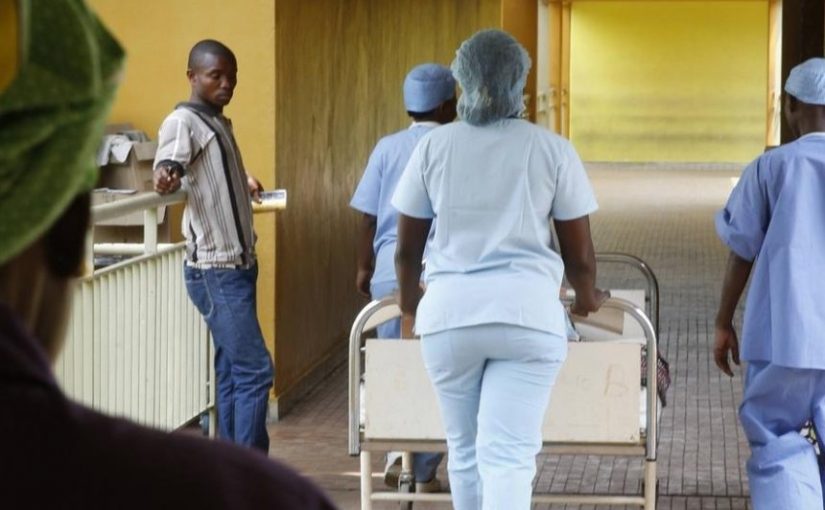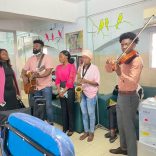Mozambique: Nelson Mandela Award for lawyer murdered in Maputo, with call for investigation
Mozambique: Health service chaotic with medicine shortages – APSUSM

FILE - For illustration purposes only. [File photo: Lusa]
The Association of United and Solidarity Health Professionals of Mozambique (APSUSM) on Sunday labelled the situation in the national system as chaotic, warning that the professionals, who have been constantly protesting in recent months, are operating without conditions.
“There is a shortage of medicines for diseases such as malaria and high blood pressure. I can mention a recent example of what happened in Beira [Sofala province], where users went on television to denounce the lack of reagents for haemodialysis, which we consider very serious,” said APSUSM secretary general Sheila Chuquela, in an interview with Lusa.
The organisation, which covers around 65,000 health professionals from different departments of the National Health System, except doctors, has been demanding better working conditions for more than a year, demanding payment for overtime, as well as a better framework within the implementation of the new Single Salary Table (TSU)..
The association has held strikes several times and, a week ago, announced the extension of the suspension of a strike that had been called at the end of May, as a result of negotiations with the government, but warns that the situation remains chaotic in the National Health System.
“The situation is still difficult for us because we work on an improvised basis, there are many patches that we have to make in order to provide the minimum of adequate care (…) If a large hospital like [Central] da Beira doesn’t have the conditions, there are so many other things that aren’t reported, then imagine what happens in the district health units or (rural) health centres? The situation is sad and regrettable,” said Chuquela, a health professional for almost 12 years.
Among other things, the association is demanding that the government provide hospitals with medicines, which in some cases have to be bought by patients, the purchase of hospital beds, a solution to the problem of “lack of food”, as well as equipping ambulances with emergency supplies and non-disposable personal protective equipment, the lack of which is “forcing staff to buy out of their own pockets”.
“We don’t have plasters in many health units, [there’s a lack of] medication and we’ve seen cases where the patient receives a hospital prescription, but when they go to the pharmacy there’s no medication. So it’s chaos, we can’t see any improvements,” said Rossana Zunguze, a health professional for 10 years and a member of APSUSM.
The organisation warns of the possibility of a new strike in the face of the government’s alleged unwillingness to resolve the situation, accusing the Ministry of Health in some parts of the country of “persecuting the strikers” with salary cuts and arbitrary transfers in the provinces of Gaza, Maputo, Inhambane in the south and Nampula in the north.
“We have colleagues who [due to the cuts] have only received 100 meticais (€1.45) and they are the ones who have to go to work. How are they going to get to their health centres to provide health services?” asked Rossana Zunguze, considering that the association is even considering going to the Administrative Court to resolve this problem.
On 28 May, the association announced the suspension of the strike, which had been going on for almost a month, for 30 days, following talks with the government, stating at the time that “some points of demand” were being met, including the resolution of irregularities in the payment of subsidies, the purchase of medical equipment and the definitive inclusion of the professionals in the Single Salary Table.
Over the last two years, the Mozambican National Health System has faced several moments of pressure, caused by staff strikes, called first by the Association of Mozambican Doctors, against pay cuts and lack of overtime payments, and then by APSUSM, which is demanding better working conditions for other professionals as well.
The country has a total of 1,778 health units, 107 of which are health posts, three are specialised hospitals, four central hospitals, seven are general, seven provincial, 22 rural and 47 district, according to data from the Ministry of Health to which Lusa had access.













Leave a Reply
Be the First to Comment!
You must be logged in to post a comment.
You must be logged in to post a comment.